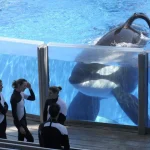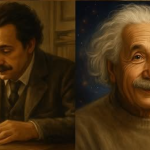Quiet Kindness: The Man Who Chose Compassion Over Rules
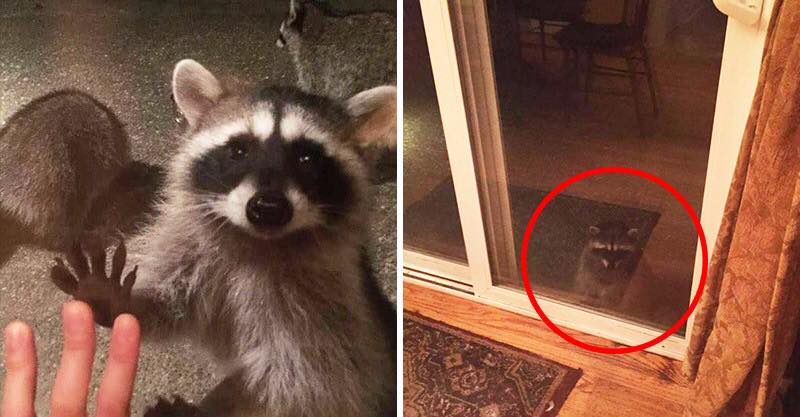
Every night, after the noise of the day faded and the drive-thru lights dimmed, a kind-hearted fast-food employee would begin a quiet, personal mission. Instead of throwing away leftover food, he gently set some aside for a family of raccoons — a mother and her two babies — who appeared without fail at closing time. The animals waited patiently, never aggressive, as he handed them scraps through the window. What began as a small act of kindness became a silent tradition, one that warmed the hearts of those who happened to witness it. Customers smiled, staff didn’t mind — it was a moment of unexpected connection between humans and animals.
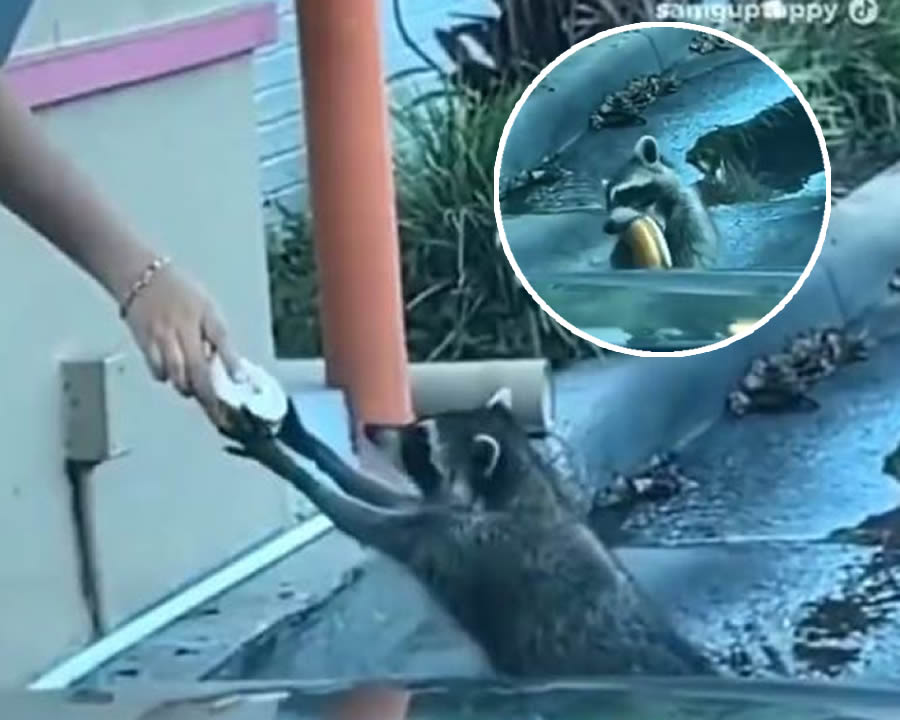
However, not everyone appreciated the quiet beauty of the gesture. One evening, an impatient customer grew frustrated at the brief delay and complained. Management reviewed the security footage and, instead of seeing kindness, they saw a violation of company policy. Shortly after, the man was fired. In a decision that placed rules and corporate image above humanity, his small act of compassion was punished. The food was destined for the trash, the animals were peaceful, and no harm was done — yet he lost his job for choosing empathy over strict regulation.

Ironically, the very footage that cost him his job would go on to move millions. Once shared online, the video of the raccoons patiently waiting at the window captured hearts around the world. People saw what management didn’t: a man acting with selflessness, generosity, and quiet integrity. His explanation was simple and powerful: “It was food they were throwing out. They were hungry. I couldn’t just ignore them.” In a society where waste is common and compassion is often rare, his decision struck a deep chord — reminding people of the good that still exists in small, hidden places.
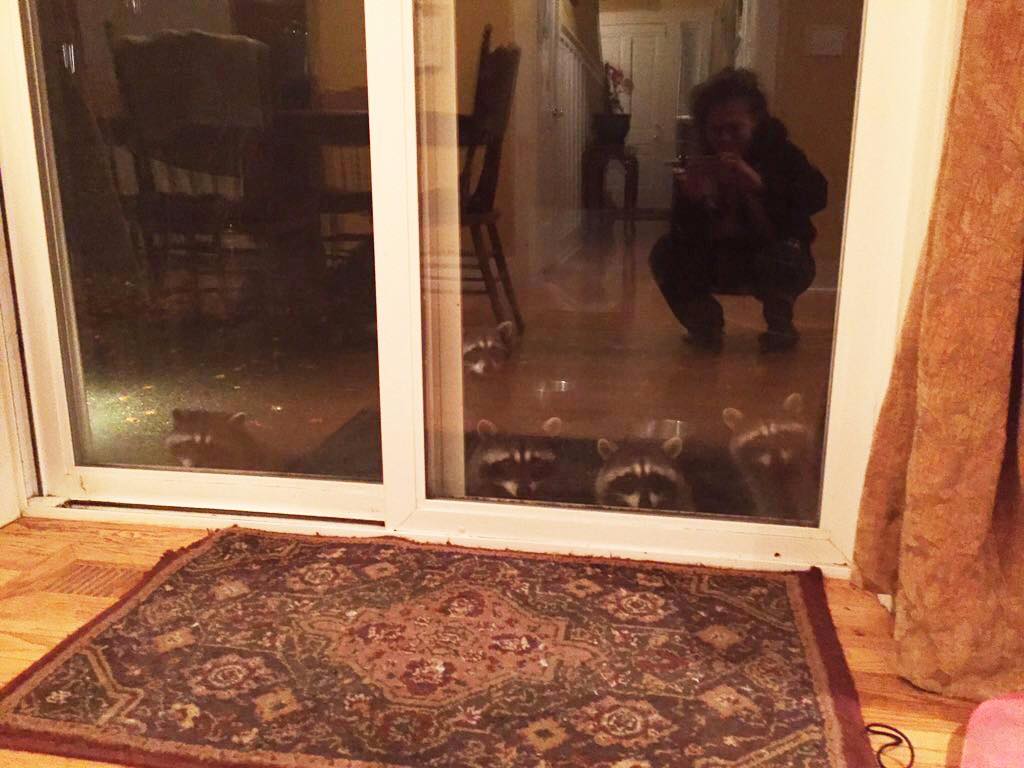
This story is more than just a viral video or a moment of internet fame — it’s a reflection of the world we live in. We are too often taught to follow rules without question, to prioritize efficiency over empathy. But this man’s quiet action challenges that mindset. He didn’t help the raccoons for recognition; he helped because it was right. His story teaches us that true compassion doesn’t need an audience, and that doing the right thing often means doing it when no one is watching. In a world full of rules, it’s kindness that leaves the most lasting impact.
